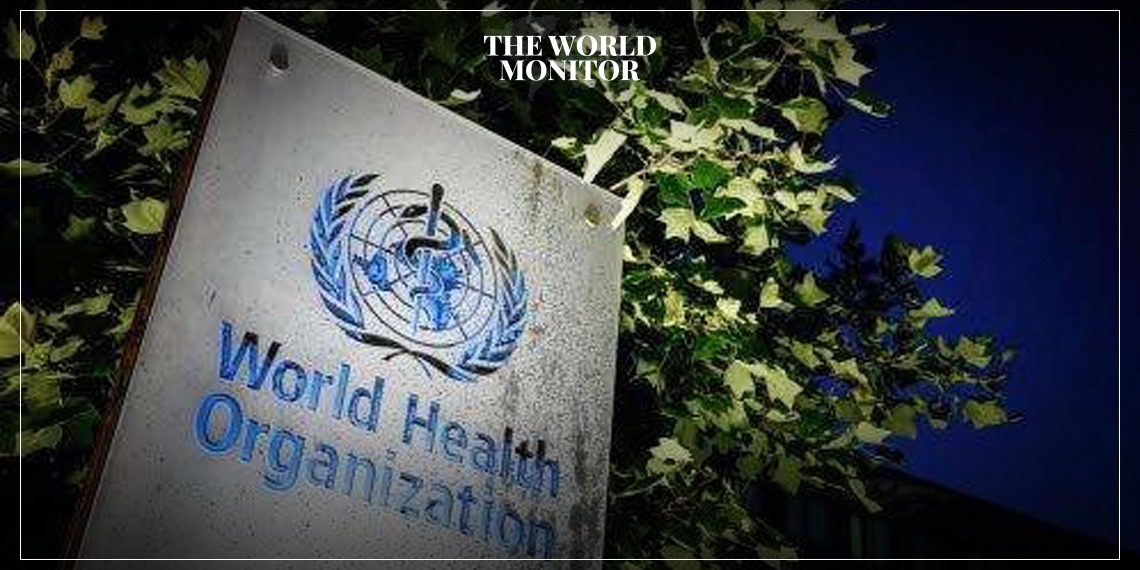The World Health Organization (WHO) officially announced a groundbreaking funding initiative aimed at securing “sustainable, predictable, and flexible” billions of dollars needed for its health priorities from 2025 to 2028.
The announcement was made by WHO Director-General Tedros Adhanom Ghebreyesus in Geneva.
“Even before the COVID-19 pandemic, the world was already lagging behind on the Sustainable Development Goals related to health. The situation has now worsened,” said Tedros, calling for a “radical shift in approach.”
This week, the WHO Secretariat will present its action plan for 2025-2028 to its 194 member states gathered at the World Health Assembly in Geneva.
The organization estimates it will require $11.1 billion to fund the plan. It expects to secure over a third of this amount, approximately $4 billion, thanks to an anticipated increase in member state contributions.
To raise the remaining $7 billion, the WHO will appeal to a broad range of donors, particularly institutions.
Unlike other UN agencies that largely depend on funds earmarked for specific projects with numerous conditions attached, WHO’s funding often comes with several stipulations over typically short periods.
The core idea of the “Investment Cycle,” the new funding mechanism, is to gather funds at the beginning of the work program.
“This will allow us to make long-term plans and hire the people we need to implement those plans with more secure contracts,” Tedros explained. Many of the organization’s employees currently work on fixed-term contracts.
To illustrate the feasibility of raising $7 billion, Tedros highlighted the global expenditure on tobacco. “Last year, the world spent $717 billion on cigarettes, a product that causes suffering, disease, death, and incurs hefty costs for health systems,” he stated.
Over the four years of the program, WHO is asking for 24 cents for every $100 spent on cigarettes.
This investment cycle is part of a broad reform of the organization’s financing, spotlighted and critiqued during the COVID-19 pandemic. However, it continues to operate globally across various fronts.
The WHO has been expanding its donor base and has also established the “WHO Foundation” to access new funding sources.
A summit to raise funds, named the “Investment Cycle Summit,” is scheduled for November.


